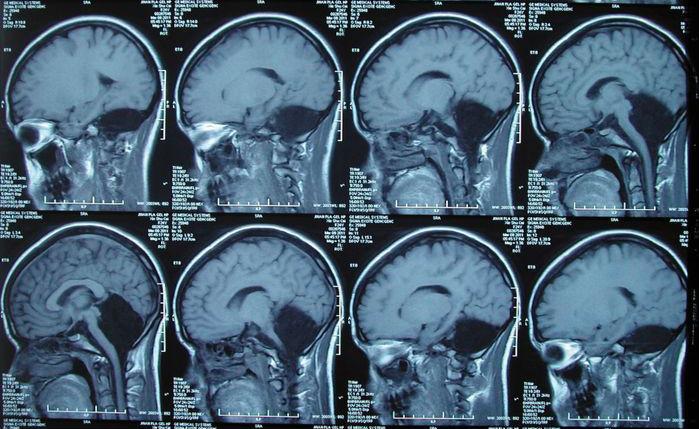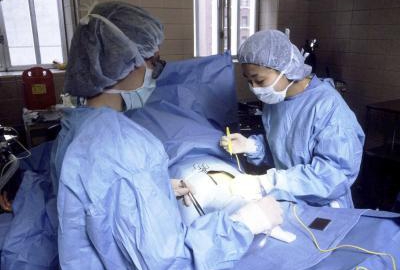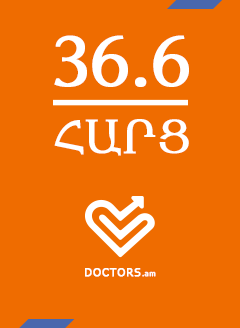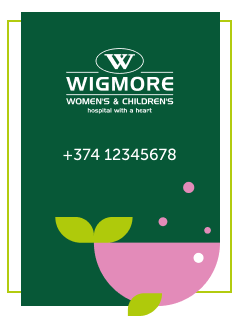The Aug. 22 issue of Brain published a case study of a 24-year-old woman who was born without a cerebellum. But, even as the findings are some of the rarest in science, the most interesting thing about the case isn’t what’s lacking in her brain, but how much is made up for by other parts of her brain function.
Scientists call the condition “complete primary cerebellar agenesis.” While the large majority of people rely on their cerebellum, or “little brain,” as a way of controlling speech, movement, attention, and language, the woman in the Shandong Province researchers’ study had to rely on other regions to adopt these functions on their own. It wasn’t until she checked herself into the University hospital, complaining of dizziness, and doctors scanned her brain that she learned she’d been born without her little brain.
“This surprising phenomenon," the authors write, "supports the concept of extracerebellar motor system plasticity, especially cerebellum loss, occurring early in life."
Basically, the brain was able to reconfigure itself to adjust for the missing component. Not entirely, mind you. The woman’s mother says her daughter couldn’t stand on her own until age 4, and she couldn’t speak intelligible sentences until age 6. Even when she approached doctors in the hospital, she complained she had suffered balance issues all her life.
But now that her brain is fully formed, the researchers studying her case claim the symptoms are moderate, at worst. A neurological examination, for instance, “revealed she could cooperate and fully orientate. A verbal analysis test revealed her word comprehension and expression remained intact and she had no sign of aphasia, but mild to moderate signs of cerebellar dysarthria.” The woman also had a mild voice tremor and slight difficulties with pronunciation, though the authors point out she is married and has a daughter. They say her pregnancy was “uneventful.”

















